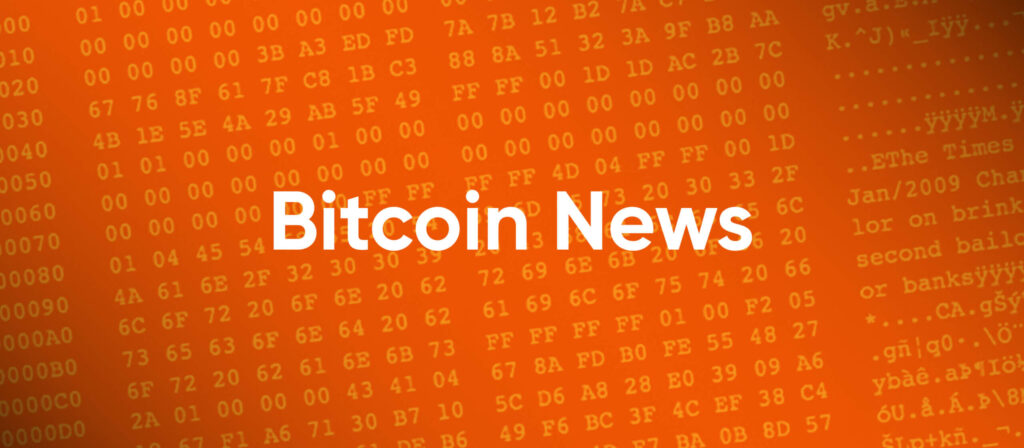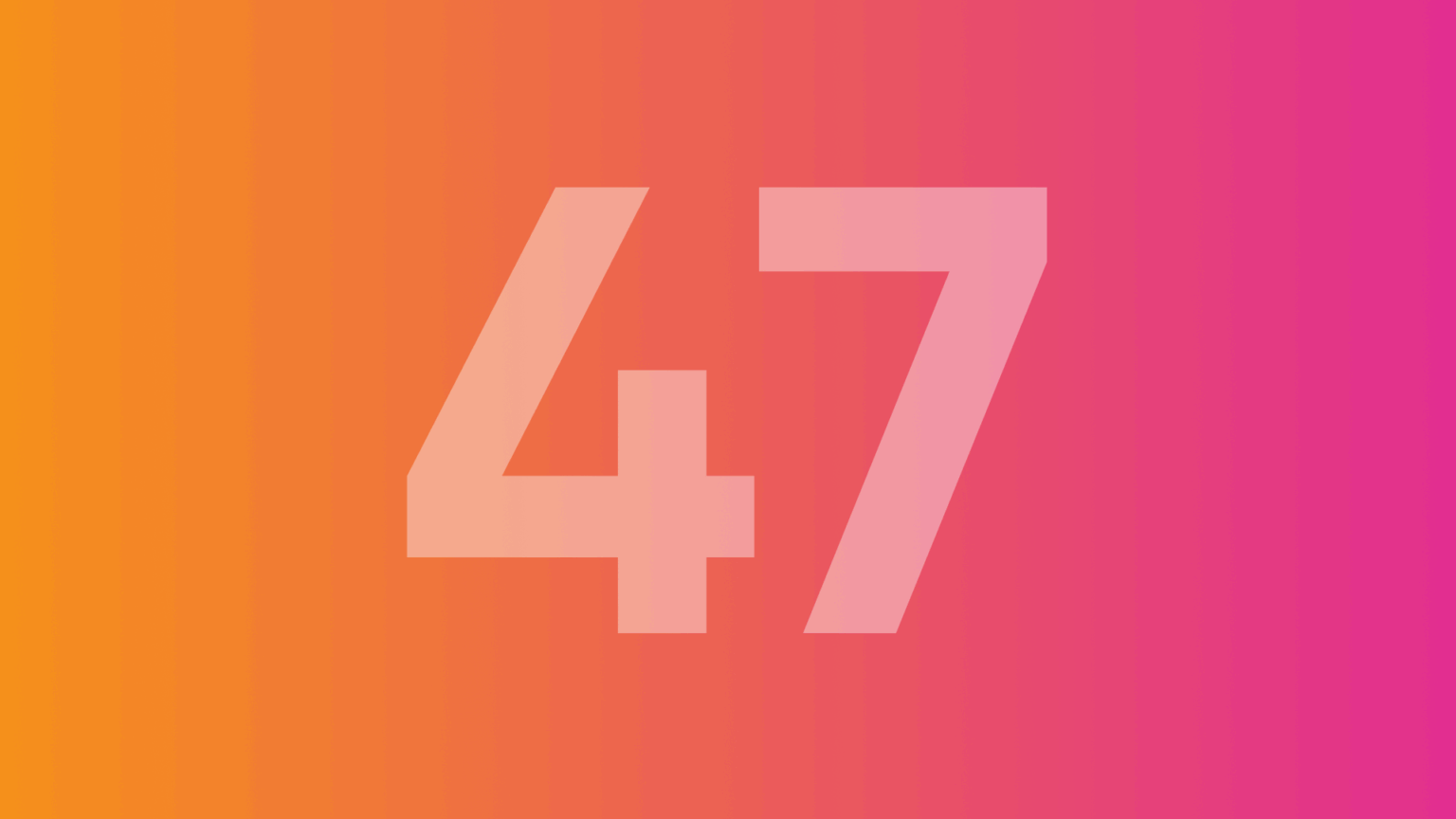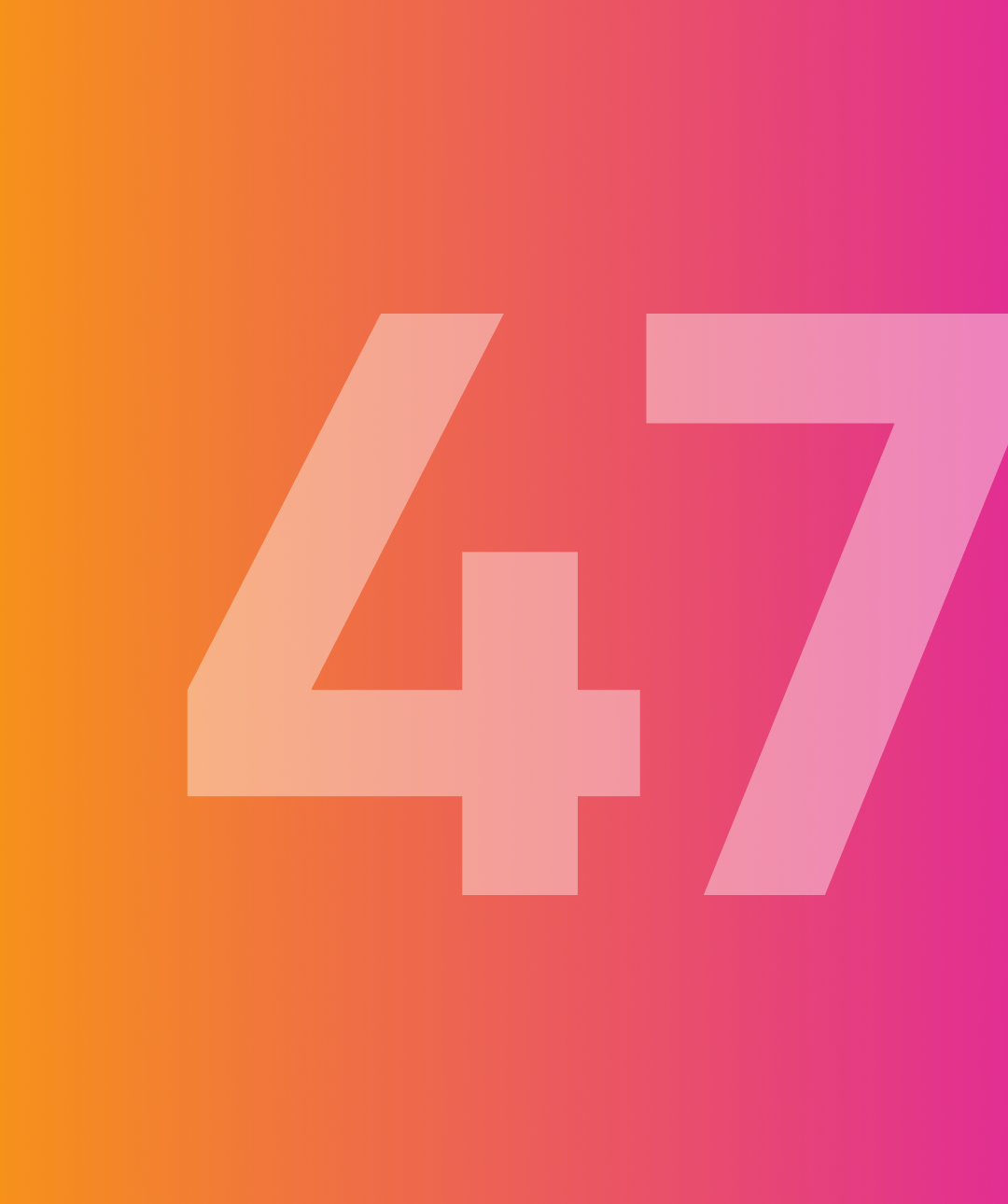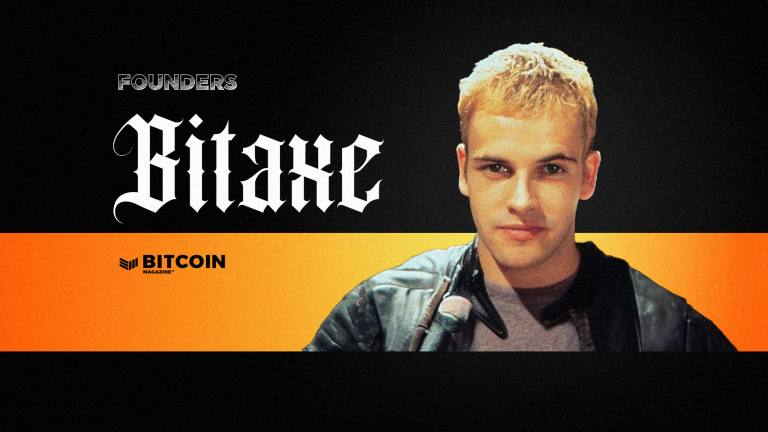The Financial Freedom Report is a newsletter focusing on how currency plays a key role in the civil liberties and human rights struggles of those living under authoritarian regimes. We also spotlight new tools and applications that can help individuals protect their financial freedom.
Good morning, readers!
In Nigeria, the state anti-corruption agency dropped money laundering charges against Tigran Gambaryan, a Binance employee detained by the regime since February. This comes after Nigerian officials blamed Gambaryan and Binance for the naira’s rapid decline in value this year rather than acknowledge the consequences of their own economic mismanagement. With the charges dropped, Gambaryan can now seek much-needed medical care abroad.
Further south, the central bank in Swaziland (changed to Eswatini in 2018) revealed the design of its retail central bank digital currency (CBDC), the digital lilangeni. Though branded as an effort to improve financial inclusion and modernize payment systems, the introduction of a centrally controlled currency in the hands of Africa’s last absolute monarch signals further financial repression for its 1.2 million people.
In freedom tech news, BitBox made headlines as the first hardware wallet provider to introduce support for Silent Payments, a static address protocol valuable for activists and nonprofits who need to receive funding privately. Additionally, Bisq, a peer-to-peer Bitcoin exchange, revamped its reputation system (where users earn credibility through trades) to be more accessible to new users. This allows anyone to make peer-to-peer trades of up to $25 and opens up uncensorable and secure Bitcoin access for those seeking financial privacy in repressive environments.
We wrap up with philosophical insights from a discussion in Amsterdam with the authors of “Resistance Money,” who explored academia’s misconceptions about Bitcoin, especially regarding the financial freedom and privacy it confers on its users. We also include an article profiling BitAxe and the importance of the open-source mining movement in maintaining Bitcoin’s long-term decentralization and censorship resistance.
Now, let’s dive right in!

Nigeria | State Drops Charges Against Tigran Gambaryan
Nigeria’s anti-corruption agency dropped the money laundering charges against Tigran Gambaryan, a Binance employee detained since February. It originally accused Gambaryan and Binance of laundering $35.4 million and contributing to the naira’s free fall by enabling currency “speculation.” In reality, exchanges like Binance offer struggling citizens a pathway to Bitcoin and stablecoins, offering relief amid a crumbling economy worsened by government mismanagement (like rampant money printing). Rather than admit their folly, authorities detained Gambryan in poor conditions at the Kuje Correctional Centre, denying him medical treatment despite a herniated disc. His health deteriorated quickly, and he was unable to attend trial due to illness. With the charges now lifted, Gambaryan can seek urgent care abroad. Meanwhile, the Nigerian regime continues its pursuit of Binance over alleged tax evasion.
Swaziland | Reveals Design of Retail CBDC
Swaziland’s Central Bank released a paper outlining its plans for the digital lilangeni, its central bank digital currency (CBDC). The CBDC design will support offline payments given its largely unbanked population, enforce Know-Your-Customer (KYC) requirements, and allow user spending restrictions. Touted as a step toward financial modernization and inclusion, the digital lilangeni under King Mswati III — Africa’s last absolute monarch — threatens individuals’ financial freedom. In Swaziland, where opposition leaders are murdered, journalists are regularly detained, security agencies monitor personal communications, and protests are banned, it’s easy to see how a programmable digital currency would quickly become a tool of oppression.
Egypt | Structural Adjustment Continues
The Egyptian regime raised the price of fuel by 10% to 17% nationwide, marking the third price hike this year amid rising inflation and a weakening currency. For average Egyptians, this means another surge in prices for essentials like food and transportation, worsening financial strain in an already challenging time. The hikes are part of the conditions imposed by the International Monetary Fund (IMF) in exchange for an $8 billion bailout package to supposedly “stabilize” Egypt’s flailing economy. In reality, this loan has been a bailout for the tyrannical Sisi regime and a hardship for the country’s 117 million people.
China | Launches New Campaign to Crackdown on Dissenting Language
The Chinese Communist Party (CCP) is launching a campaign targeting the use of puns, homophones, and memes that citizens use to safely discuss sensitive topics online. Despite the CCP’s intense monitoring, citizens have shown remarkable ingenuity in finding subtle ways to express dissent indirectly. One such example is using the phrase “your country” to suggest that the CCP’s China doesn’t represent the people. In response, The People’s Daily, the CCP’s media mouthpiece, is pressuring social media platforms to identify and “rectify” any “ambiguous” new words or phrases that emerge online. This campaign is just the latest of many forms of repression citizens face. The regime also freezes bank accounts, blocks global financial tools, and limits digital assets like Bitcoin, restricting citizens’ financial activity alongside expression.
Fed and ECB | Publish Reports Taking Aim at Bitcoin
Last week, two new papers emerged from financial authorities in Europe and the United States taking aim at Bitcoin adoption. The European Central Bank’s (ECB) paper, “The Distributional Consequences of Bitcoin,” argues that Bitcoin enriches early adopters at the expense of latecomers and has failed as a payment technology. Meanwhile, the Minneapolis Federal Reserve’s (FED) report, “Unique Implementation of Permanent Primary Deficits?” suggests that Bitcoin risks the government’s ability to perpetually accumulate debt by allowing citizens to opt out of said system. To address this, the authors propose additional taxes and legal restrictions on Bitcoin to enforce people’s dependence on the fiat system. This approach mirrors those taken by authoritarian regimes to restrict financial alternatives and maintain reliance on government-issued currencies. Both reports highlight concerns about Bitcoin’s impact on traditional economic models but overlook its benefits. Free nations have nothing to fear from a technology that puts more power back into the hands of the people.

Bitcoin | Solo Block Mined by Single User
An individual Bitcoin miner made history this week by independently mining a block using only their own hardware and software, an achievement unseen in over a decade. Unlike previous solo mining efforts that relied on mining pools or third-party custodians for block submissions, this breakthrough was achieved entirely through a single device and software setup, allowing the miner to operate in true isolation from centralized infrastructure. This fully independent mining process resulted in a direct reward of over 3.125 BTC directly into their wallet, showcasing the potential for individual miners to contribute autonomously to the Bitcoin network and reinforce Bitcoin’s promise of decentralization and financial autonomy. You can learn more about how Bitcoin mining works here.
Fully Noded | Join Market Client Launches on App Store
Fully Noded, a Join Market client (software that allows users to create Coinjoin transactions), is now available on the App Store, providing a new tool for private Bitcoin transactions. By enabling Coinjoin transactions, which combine multiple Bitcoin transactions into one to obfuscate their origin, users of Fully Noded can maintain greater financial privacy in their transactions. Fully Noded connects directly to your Join Market server, allowing users to initiate Coinjoin transactions with ease. These transactions are especially beneficial for individuals living under authoritarian regimes, where financial privacy is essential to safeguarding personal freedom. You can try it here.
BitBox | Supports Sending to Silent Payments
BitBox, a Bitcoin hardware wallet provider, added support for sending Silent Payments with the BitBox02, making it the first hardware wallet to support this privacy feature. With Silent Payments, users can send funds to a single address multiple times without revealing personal information. This addresses a Bitcoin vulnerability and benefits activists, nonprofits, and charities by enabling them to receive donations without revealing who they are, who donated, and by how much. Implementing support for features like Silent Payments improves financial privacy for both transacting parties and protects users from unwanted surveillance.
Bisq | Improves Reputation System for Greater Accessibility
Bisq, a privacy-focused platform for peer-to-peer Bitcoin trades, upgraded its reputation system to make it easier for new users to get started. A reputation system builds trust between traders, allowing users to establish credibility through completed trades. This plays a crucial role in maintaining a secure and reliable trading environment within a decentralized platform. With the update, new users can begin trading up to $25 right away, with larger limits unlocking as they gain a positive trading history. This upgrade opens doors for those seeking financial privacy, enabling secure Bitcoin access beyond the constraints of traditional systems.
Wasabi Wallet | New Release Improves Privacy Features
The latest update to Wasabi Wallet, a desktop Bitcoin wallet, enhances financial privacy features for users. Users can now view a detailed breakdown of all the inputs and outputs in their transactions, enabling them to better assess the level of privacy in any given transaction. The update also introduces a beta feature allowing users to make payments while also participating in a Coinjoin — a privacy technique that combines multiple transactions, making it harder to trace individual ones. These improvements reinforce Wasabi’s value as a privacy tool for activists and others who depend on secure, private transactions to safeguard their financial safety in repressive environments.
Spiral | Announces Grant for Ruben Somsen, Spacebear, and VLS
Spiral, a Bitcoin organization building and funding open-source projects, announced grants for Bitcoin developers Ruben Somsen and spacebear. Somsen’s grant renewal will support his work on Silent Payments, a static address protocol for more private Bitcoin payments, and his work building open-source software solutions. Meanwhile, the new grant for spacebear will support their efforts in building the PayJoin Dev Kit, a software development tool for implementing Payjoins, which improves privacy by batching transactions for better privacy. Spiral also extended a grant for Validating Lightning Signer (VLS). VLS separates private keys from a Lightning Node, adding a layer of protection for Bitcoin users and lowering the barriers to running a node. It is great to see support for developers and projects building open-source, privacy-centric financial solutions.
RECOMMENDED CONTENT
How to Fix Bitcoin in Academia with Resistance Money
At the Bitcoin Amsterdam conference, the “Resistance Money” panel, featuring the “three philosophers,” as they’re referred to — Bradley Rettler, Andrew Bailey, and Craig Warmke — tackled academia’s negative perception of Bitcoin and explored solutions to address it. They emphasized challenging these misconceptions through informed, research-driven dialogue. “Bitcoin’s potential for financial freedom and privacy is largely misunderstood in academic settings,” Rettler noted. Their suggestions include creating more space for Bitcoin university curricula, encouraging more academic research around Bitcoin, and integrating Bitcoin into philosophical and economic studies. You can watch the full panel here.
Bitaxe and the Open Source Mining Movement by Frank Corva
In his latest article for Bitcoin Magazine, Frank Corva highlights how Bitaxe is transforming Bitcoin mining by creating the first-ever open-source Bitcoin mining machine. Bitaxe enables anyone to build and operate a low-power Bitcoin miner from home, lowering the entry barrier and decentralizing mining away from large pools. This approach reinforces Bitcoin’s principles of decentralization and censorship resistance, keeping it accessible for dissidents.
Vote for HRF’s CBDC Tracker in this Year’s Anthem Awards
Vote for the CBDC Tracker to help HRF win this year’s Anthem Award, which honors social impact work across human rights, health, diversity, inclusion, and sustainability. The CBDC Tracker highlights the growing risks of government-controlled digital currencies and their impact on individual civil liberties. By voting, you will help raise awareness about the dangers CBDCs pose to financial autonomy, privacy, and human rights worldwide.
Webinar Series: How to Use Bitcoin for NGOs
HRF will host a three-day long webinar designed specifically to teach human rights defenders and nonprofit organizations how to integrate Bitcoin into their work to challenge state censorship and confiscation. From Nov. 4-6, 10:30 EDT to 12:00 EDT daily, participants will learn what Bitcoin is, how it counters financial repression, how to make payments, and how to maintain financial privacy under surveillant regimes. If you’re an activist or a nonprofit organization, we invite you to apply here.
– If this email was forwarded to you and you enjoyed reading it, please consider subscribing to the Financial Freedom Report here.
– Support the newsletter by donating bitcoin to HRF’s Financial Freedom program via BTCPay.
– Want to contribute to the newsletter? Submit tips, stories, news, and ideas by emailing [email protected].
– The Bitcoin Development Fund (BDF) is accepting grant proposals on an ongoing basis. The Bitcoin Development Fund is looking to support Bitcoin developers, community builders, and educators. Submit proposals here.









